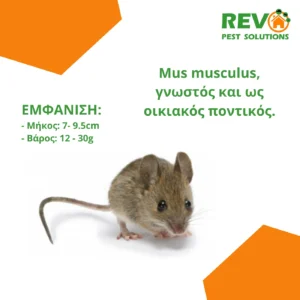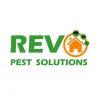Integrated Pest Management (IPM): The Eco-Friendly Approach to Pest Control
Integrated Pest Management (IPM) is an environmentally friendly approach to pest control that aims to manage pests using a combination of preventative measures, monitoring, and targeted treatment. IPM is a holistic approach to pest control that takes into account the environmental impact of pest management practices, as well as the health and safety of humans and pets. In this article, we will explore the principles of IPM and how it can be used to effectively manage pests.
Principles of IPM: The principles of IPM include prevention, monitoring, and targeted treatment. Prevention involves implementing measures that reduce the likelihood of pests becoming established in an environment. This may include practices such as sealing cracks and crevices, removing sources of food and water, and using pest-resistant building materials. Monitoring involves regularly inspecting an environment for signs of pest activity, such as droppings or damage to property. Targeted treatment involves using the least toxic and most effective treatment methods to control pests.

IPM Techniques: There are many different techniques that can be used as part of an IPM program. Some common IPM techniques include:
- Biological control: Using natural predators or parasites to control pest populations.
- Mechanical control: Using physical barriers or traps to prevent pests from entering an environment or to capture pests that are already present.
- Cultural control: Implementing practices that discourage pests from becoming established in an environment, such as regular cleaning and sanitation.
- Chemical control: Using the least toxic and most effective chemical treatments to control pests when other methods have been ineffective.

Benefits of IPM: There are many benefits to using IPM as an approach to pest control. These include:
- Reduced reliance on chemical pesticides, which can be harmful to the environment and to human health.
- Effective pest control that targets specific pests and reduces the likelihood of re-infestation.
- Increased awareness of pest management practices and the importance of environmental stewardship.
- Cost savings over the long-term, as preventive measures and targeted treatments can be more effective and cost-efficient than regular pesticide applications.
In conclusion, Integrated Pest Management (IPM) is an effective and eco-friendly approach to pest control that takes into account the environmental impact of pest management practices. By using a combination of preventative measures, monitoring, and targeted treatment, pests can be effectively managed while minimizing the use of harmful chemical pesticides. Whether in residential or commercial settings, IPM is a valuable tool in promoting a safe and healthy environment for all.
Contact us today to schedule a pest control consultation for your business in Cyprus. Our team of experts will keep your business safe, clean, and pest-free!
Read more in our Greek Blog
